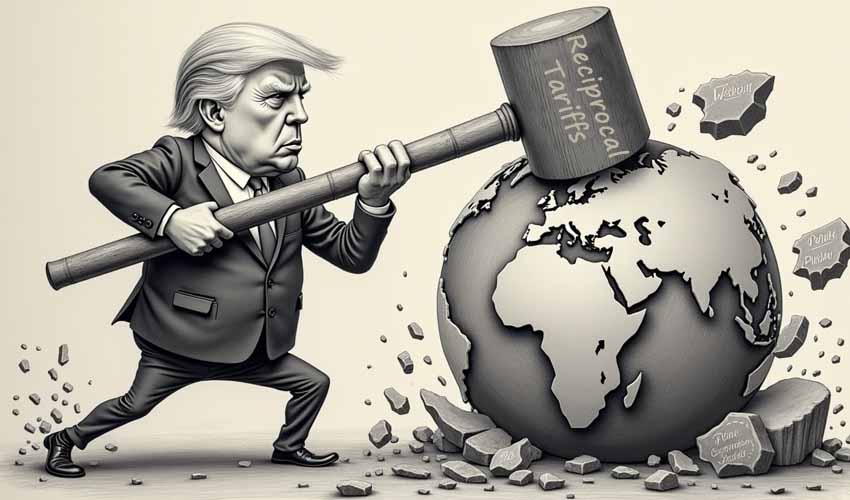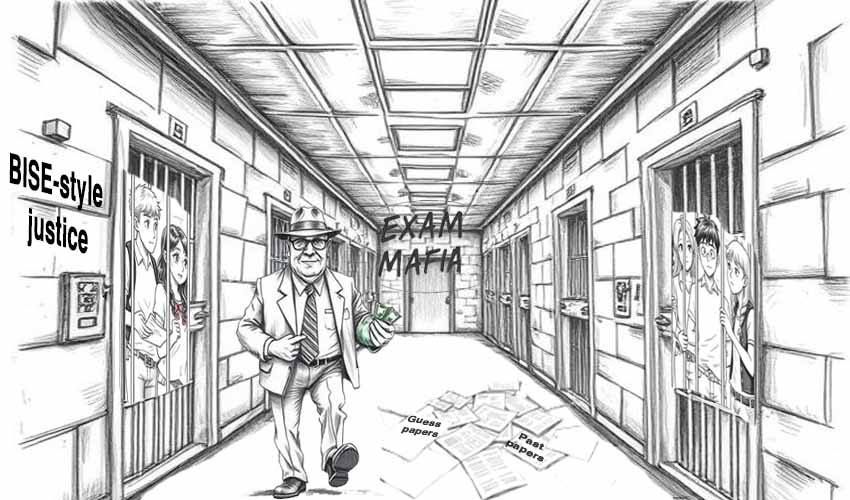Pakistan now plays catch-up. The country is being pitched as a rising, low-cost crypto hub. The engagement of Binance boss Changpeng Zhao as adviser to the newly formed Pakistan Crypto Council (PCC) shows that Pakistan means business and wants a share in the global crypto scene. The council has already started working on modalities of attracting foreign investment and integrating blockchain into major sectors like real estate and finance. The crypto ambitions are enchanting, but still far from reality.
Zhao's presence seems to have handed the government a shortcut to a vision it has not fully articulated – the vision to become a leader in Web3, digital finance, and blockchain. The council, though set up on the hoof, aims at regulating, legitimizing, and monetizing crypto. Its chief executive officer recently got the investors excited with his statements about 20 million Pakistani users already trading in digital currencies. He also shared the PCC’s plans to introduce laws, licensing, and safeguards. Other than that, he tried to woo potential investors by mentioning blockchain applications in the real estate and agriculture sectors.
When it comes to financial innovations, Pakistan has historically been in the late majority group if not among laggards. Past experiments with mobile wallets and fintech regulation have shown how fast enthusiasm fades when the rules lag behind. Therefore, it must go the extra mile to regulate, facilitate, and tolerate this innovation
A rosy picture has been painted, and now Zhao is tasked with removing the thorns. This means he will not just create the regulatory framework but also build infrastructure, making sure that crypto gets the adoption it needs.
However, when it comes to financial innovations, Pakistan has historically been in the late majority group if not among laggards. Past experiments with mobile wallets and fintech regulation have shown how fast enthusiasm fades when the rules lag behind. Therefore, it must go the extra mile to regulate, facilitate, and tolerate this innovation.
Authorities are right to backpedal on past decisions such as banning crypto transactions. However, with this softening of the stance on digital currency, authorities must make sure all stakeholders come to the talking table not just with open minds but also with open hearts. Support must be garnered for fiat-to-crypto transactions as a first step to wholehearted acceptance. Since Pakistan is surviving on bailouts, it must ensure balanced crypto regulations that benefit investors and, at the same time, align with the International Monetary Fund policy.
Crypto is a reality. Still, authorities must focus on regulating instead of endorsing it or giving it a free pass. This landscape is indeed challenging to tread, especially with the real estate and agriculture dream in mind. Tokenizing property does sound futuristic, but before taking that dive, the authorities must fix the broken land records system already marred by zero trust and endless litigation.
Real-time, definite, unambiguous, and effective frameworks must be put in place to truly benefit from the opportunities the crypto world has to offer. At the same time, the focus must be on legitimate oversight for growth. Otherwise, this shift will only prove to be all castles in the air: grand, ambitious, but built on nothing.


























